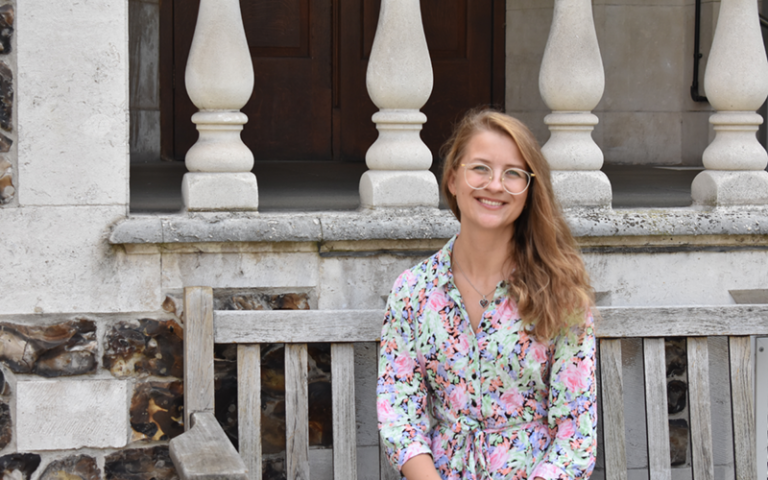Modernism, Mazepa and Metro
21 November 2022, 6:00 pm–7:30 pm

As part of the Situating Architecture series, architectural historian and UCL visiting researcher Ievgeniia Gubkina delivers a brief introduction to the history of Ukrainian architecture and other vicissitudes.
This event is free.
Event Information
Open to
- All
Availability
- Yes
Cost
- Free
Organiser
-
The Bartlett School of Architecture
Location
-
Room 6.0222 Gordon StreetLondonWC1H 0AJUnited Kingdom
Modernism, Mazepa and metro. A brief introduction to the history of Ukrainian architecture and other vicissitudes
About
Russian aggression has drawn high attention to Ukraine around the world. In addition to media coverage of current events, many projects, lectures, and exhibitions dedicated to both contemporary art and the history of Ukraine have appeared since February 2022. Among the variety of deep and complex representations of Ukrainian culture, however, there is still a lack of knowledge and information available outside Ukraine on what Ukrainian architecture is. Against the background of daily photos of destroyed Ukrainian cities, hype on socialist/Soviet modernism, and golden-domed Byzantine and Baroque postcard churches, what do we know about Ukrainian architecture? And at the same time, with millions of Ukrainian refugees in mind, do we know anything about Ukrainians and Ukraine in general?
In her first lecture at UCL, Ievgeniia Gubkina, a Ukrainian architectural and urban historian, will show the main focuses, problems and narrative lines of the roaring history of Ukrainian architecture. Together this architecture creates a dynamic structure of connections and relations between architecture and society, both in the past and today. This structure was able to resist and survive external colonial suppression of empires for centuries. On one hand, it laid the conflict of dichotomies in the very essence of the phenomenon of Ukrainian architecture. On the other hand, this ability to resist made it possible to maintain integrity and autonomy with all the diversity and multiplicity of Ukrainian architectural manifestations.
Based on the example of the Encyclopedia of Ukrainian Architecture, a large-scale multimedia project launched in 2020, Ievgeniia Gubkina will talk about how many of the pain points of the history of Ukrainian architecture not only retained their relevance during the war but became much more apparent and explicit. No doubt, it is hard to live in a moment when history is made. But paradoxically only at such a moment does architecture emerge from its passive role of scenery, acquiring an active role and subjectivity as it never did before.
Speaker
Ievgeniia Gubkina is an architectural historian, visiting researcher at UCL, and co-founder of the NGO Urban Forms Center. Her work specialises in architecture and urban planning of the 20th century in Ukraine, and a multidisciplinary approach to heritage studies. She is the author of the books Slavutych: Architectural Guide (DOM Publishers, 2015) and Soviet Modernism. Brutalism. Post-Modernism. Buildings and Structures in Ukraine 1955–1991 (DOM Publishers, 2019). In 2020–2021 she curated the Encyclopedia of Ukrainian Architecture, a multimedia online project that worked with architecture, history, criticism, cinema, and visual arts.
Image: Ievgeniia Gubkina
 Close
Close

